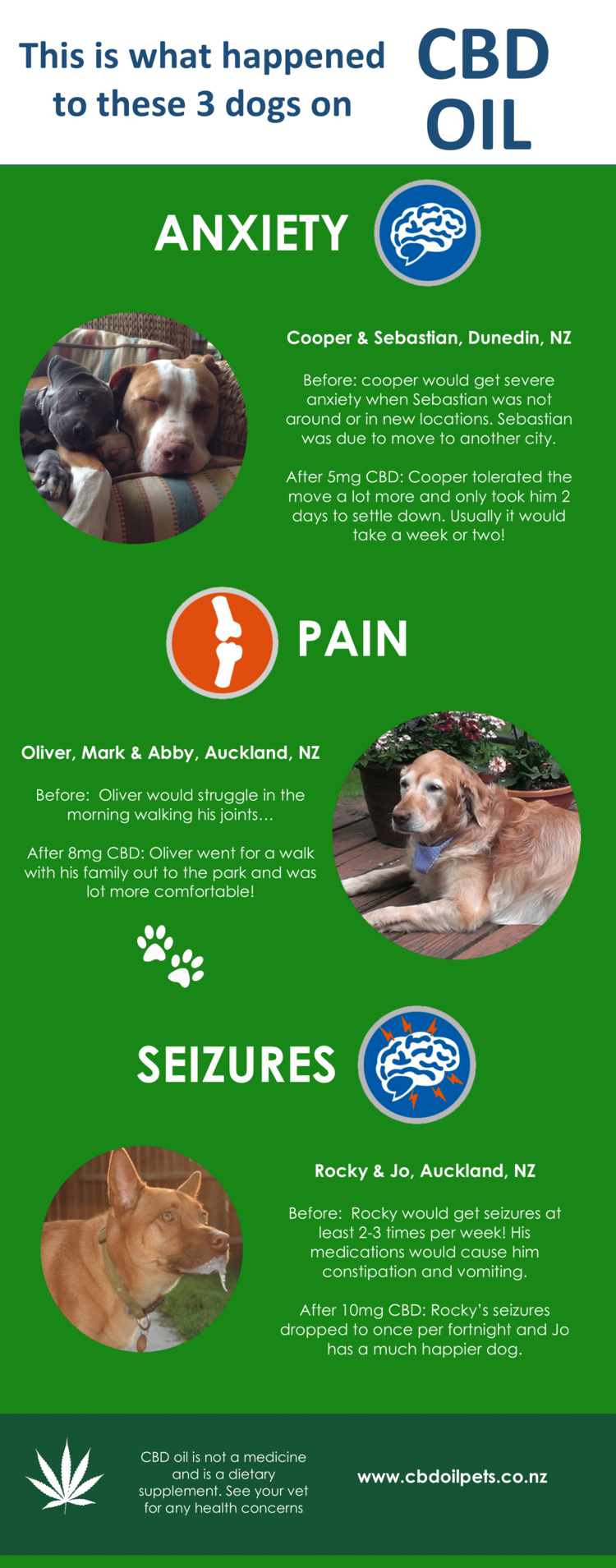How Dog Daycares Monitor Dogs
How Dog Daycares Monitor Dogs
Blog Article
Can Pet Daycare Cause Illness?
Pets in childcare get lots of workout, socializing with other pets and special experiences. This can be especially helpful for pups and pet dogs with behavioral issues.
There are several legal considerations you need to think about when beginning a doggy daycare business. These include the structure of your company and conformity with federal government laws.
1. Canine Distemper
Canine distemper is spread through direct contact with the bodily liquids and waste of a contaminated pet dog, yet it can additionally be transmitted through shared water and food bowls or through air-borne beads. This very contagious illness is most dangerous for puppies, but it can impact canines of any type of age and is fatal for a lot of if left unattended.
First signs of canine distemper commonly simulate a cold, consisting of drippy eyes and nose with watery or pus-like discharge. As the illness advances, a pet dog will certainly create high temperature, coughing, lowered cravings, throwing up and diarrhea. The virus can likewise assault the nerve system, leading to seizures, jerking and partial or total paralysis.
Respectable day cares minimize exposure to infection by needing vaccinations, routine health examinations and follow rigorous health procedures. If your puppy seems overly tired or limping, a day off might aid him recuperate, however you ought to avoid taking him back to daycare until these signs and symptoms clear.
2. Kennel Coughing
Kennel coughing, likewise referred to as contagious canine tracheobronchitis or Bordetella, is a highly contagious viral or bacterial condition that influences the respiratory system system. It's typically transferred through the exchange of saliva or air beads that an unwell pet dog breathes out. Social canines are at higher threat for infection as a result of their regular interaction with one another, such as when they play, share food or water, smell each other or just satisfy in a crowded environment like a pet park or childcare.
One of the most common symptom of kennel coughing is a relentless and powerful cough that sounds like something embeded the throat or retching. Commonly, pet dogs will cough up foamy white phlegm. If left without treatment, a canine can develop pneumonia and go to severe danger for life.
A reputable childcare center ought to have strict cleansing and cleanliness protocols, disinfect all playthings, food and water bowls frequently, and be open about their inoculation policies. Keeping your pet as much as date on their inoculations, particularly for bordetella and canine influenza, will greatly minimize their possibilities of contracting the ailment.
3. Parvovirus
Canine parvovirus, or parvo, is an extremely contagious viral ailment that can be dangerous for puppies and young person pet dogs with poor body immune systems. It's most frequently spread by straight contact with polluted dog feces-- which can occur when canines smell, lick, or taste contaminated feces-- and indirectly from polluted people, things, or atmospheres (like kennels, grooming spaces and lawns). Pups and canines without complete inoculation histories are particularly susceptible to parvo.
The infection is incredibly resistant, making it through in the environment for as much as nine years, and can conveniently be transferred in between canines by call with feces or on footwear, clothes, and bed linens polluted with parvovirus. Otherwise treated immediately with IV liquids, electrolyte balance, throwing up control medications and board and training dog prescription antibiotics to prevent additional bacterial infections, a pet dog will rapidly dry out and develop serious diarrhea, which causes shock and sepsis. Parvo is tough to cure when a pet has come to be ill, but with proper veterinary treatment, several young puppies do endure this disease.
4. Pooch Influenza
Dog flu virus is very contagious and spreads with straight get in touch with, sharing food and water bowls, licking or nuzzling various other dogs, with air-borne droplets, and via contaminated surface areas. Inoculation is effective in minimizing the risk of infection and break outs.
The majority of affected pet dogs develop a moderate respiratory system infection with a cough that lasts 1-3 weeks. They may additionally have nasal and ocular discharge, sneezing, and lethargy. Several of the most severe instances result in pneumonia and a high fever.
If your pet dog shows any of these signs, do not bring them back to childcare until they are healthy. If your pet is showing indications of severe exhaustion or limping, speak to your veterinarian immediately and make certain they get on good health supplements to assist construct their resistance. A veterinarian will review your dog for signs of the influenza by taking an example from the nose or throat, and blood tests can be done to confirm.